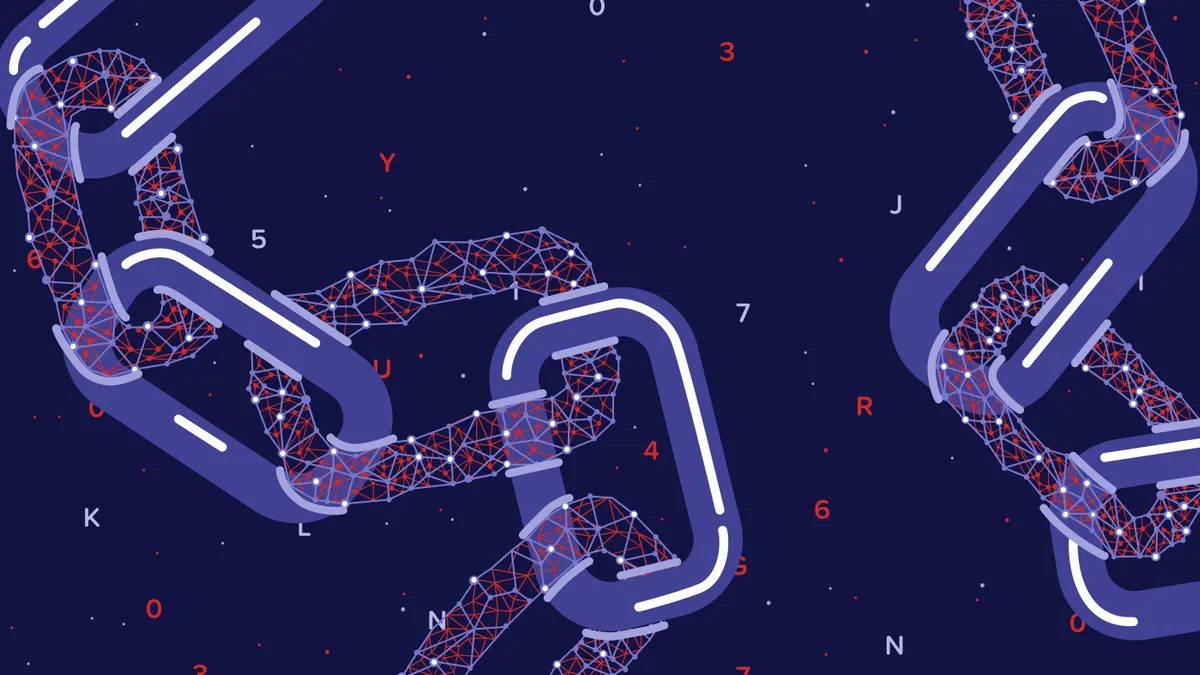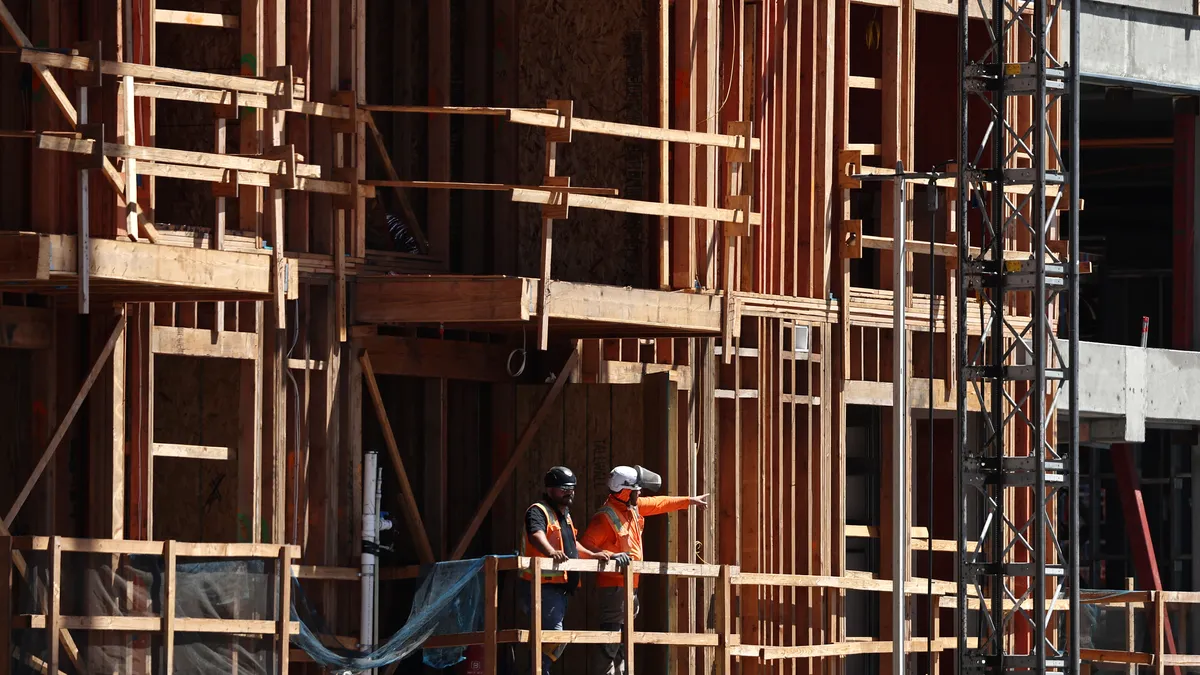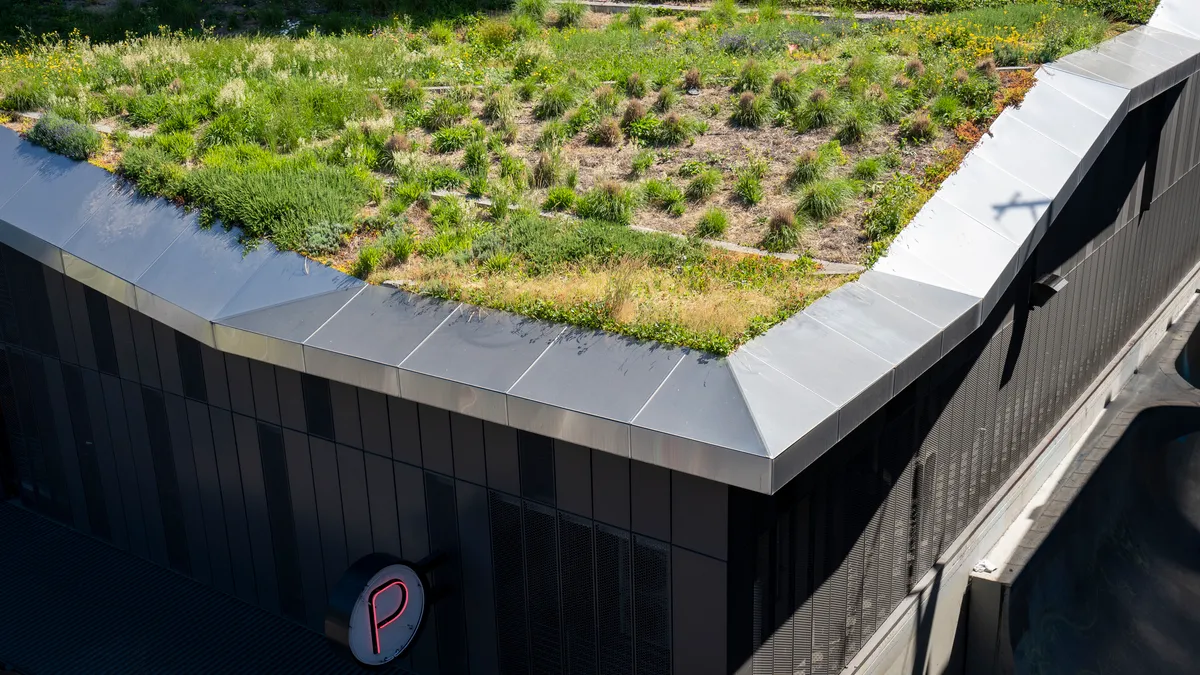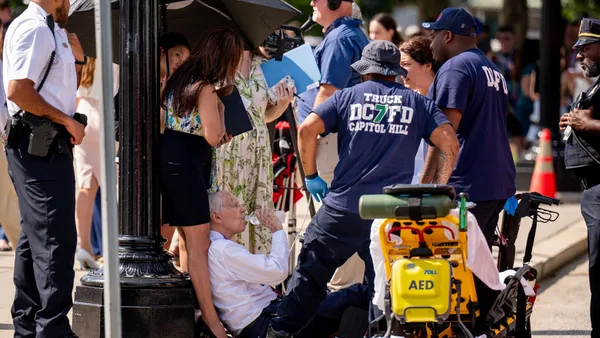Dive Brief:
- Blockchain firm Filament announced a partnership with the University of Nevada at Reno’s (UNR) Intelligent Mobility Initiative to work on blockchain internet of things (IoT) technology for autonomous vehicles (AVs).
- The project, which is being run through the school’s Nevada Center for Applied Research (NCAR), will work on improving communication between vehicles and connected infrastructure through LiDAR and dedicated short-range communications (DSRC) devices.
- “The growth in the number of connected vehicles on roads will lead to an increase in the number of IoT devices, which can potentially create vulnerabilities,” NCAR director Carlos Cardillo said in a statement. The project, he said, can produce a “new set of data integrity standards that others can follow when rolling out their own initiatives.”
Dive Insight:
Filament is pitching its Blocklet technology as a way to ensure that vehicles and infrastructure have a trustworthy record of events and are transferring attested data, shutting out bad actors or interference. That will be crucial to making sure that autonomous and connected vehicles function safely in a crowded environment where many devices will be communicating among themselves. Companies like Hyundai and IBM have been actively exploring blockchain applications for autonomous cars, according to Cointelegraph.
The Nevada trials will simulate Blocklet technology with a sensor network placed alongside a defined route. UNR has been using “Living Lab” environments to test mobility concepts and gather data on connected infrastructure; a separate vehicle-to-infrastructure communication project using blockchain technology is set to be completed this year.
The new tests also further Nevada’s exploration of blockchain technology, which could upend not just transportation, but many civic spaces. Gov. Brian Sandoval has lent his support to an “Innovation Park” developed by Blockchains LLC, which plans to be a real-life test city to use blockchain in houses, schools, banks, stores and other public buildings. The Blockchains “city” would also include a 1,000-acre campus where companies and startups could test new blockchain applications, as well as work on artificial intelligence and nanotechnology.










